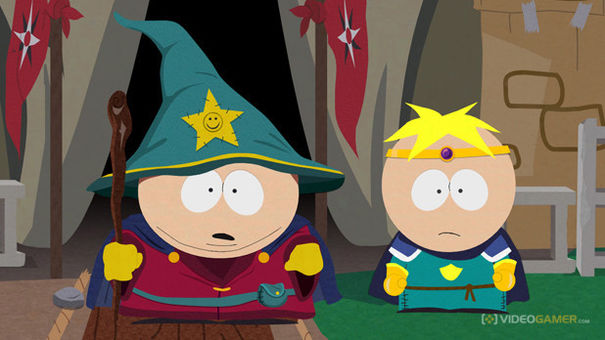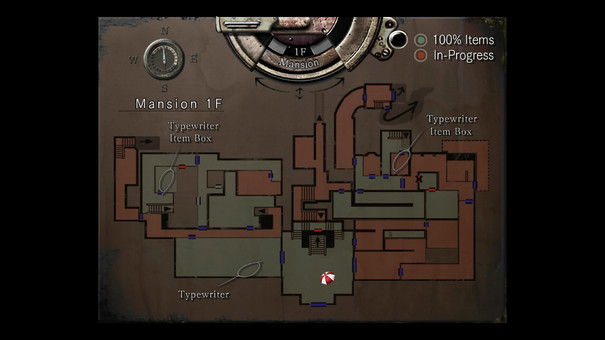If the title seems a little odd and you're thinking that there is some snake oil being sold here, you might want to read what comes next before you make any judgments. Chess can actually help slow such terrible diseases as MS and Alzheimer's. What follows will try to explain why, in simple terms that even non medical people can understand.
Chess is probably one of the most difficult games in the world to play. Not because it is physically demanding but because of the amount of brain power it takes to play the game well. Chess requires you to make a number of moves, at least in tournament play, in a certain amount of time. With the infinite number of moves available to a player, especially as the game progresses, this becomes no small task. Some of the greatest minds of our time become extremely fatigued in the latter stages of a chess game, especially if the game goes beyond 40 moves, which many games do. In order to continue play at the highest level at this stage of the game requires amazing concentration.
So how exactly does this help people who suffer from MS and Alzheimer's and other neurological diseases?
Studies have shown that people who suffer from these diseases in general are less likely to suffer from a swift deterioration of the disease if they are mentally very active. This activity can take the form of many things, such as doing crossword puzzles, math problems, computer programming and a number of other activities that require a great deal of thought. It is believed that chess is one of the best ways to keep the mind active. In an MS patient, this can literally add years to their lives, even though MS in itself is not fatal.
For Alzheimer's patients, this mental activity is even more important as this disease swiftly takes the patient's memory from him. By actively playing a game of chess, the patient is forced not only to remember how each piece moves but also what openings, middle games and end games to play in a certain situation. The encyclopedia of knowledge that a person needs to posses in order to play a competent game of chess is vast. The longer this person is able to retain this knowledge the longer he will be able to retain knowledge and memories of other things in his life. This ultimately leads to the person stalling the course of the disease, at least for a time.
Please understand, chess is not a magic cure. Eventually these diseases will take all of those who suffer from them. But in engaging in a thought producing game like chess, the person can at least enjoy as much of his later years while living with their illness as possible. Not only that, but in the process they will be engaging in a game that is enjoyable, gives one a sense of accomplishment and is unequalled by any game in this world as far as prestige.
It's what they call going out with honor.






 . Plays March 28, 2013
. Plays March 28, 2013 Resident Evil HD Remaster Weapons Guide and map
Resident Evil HD Remaster Weapons Guide and map How to Play the Latest PC Games Without a Graphics Card
How to Play the Latest PC Games Without a Graphics Card Borderlands 2 Guide: Caustic Caverns Side Quest Guide
Borderlands 2 Guide: Caustic Caverns Side Quest Guide How to Reduce the Cost of Training Herblore in RuneScape with Quests and Other Information
How to Reduce the Cost of Training Herblore in RuneScape with Quests and Other Information